Hydrogen Fuel Cell Cars: A Comprehensive Overview
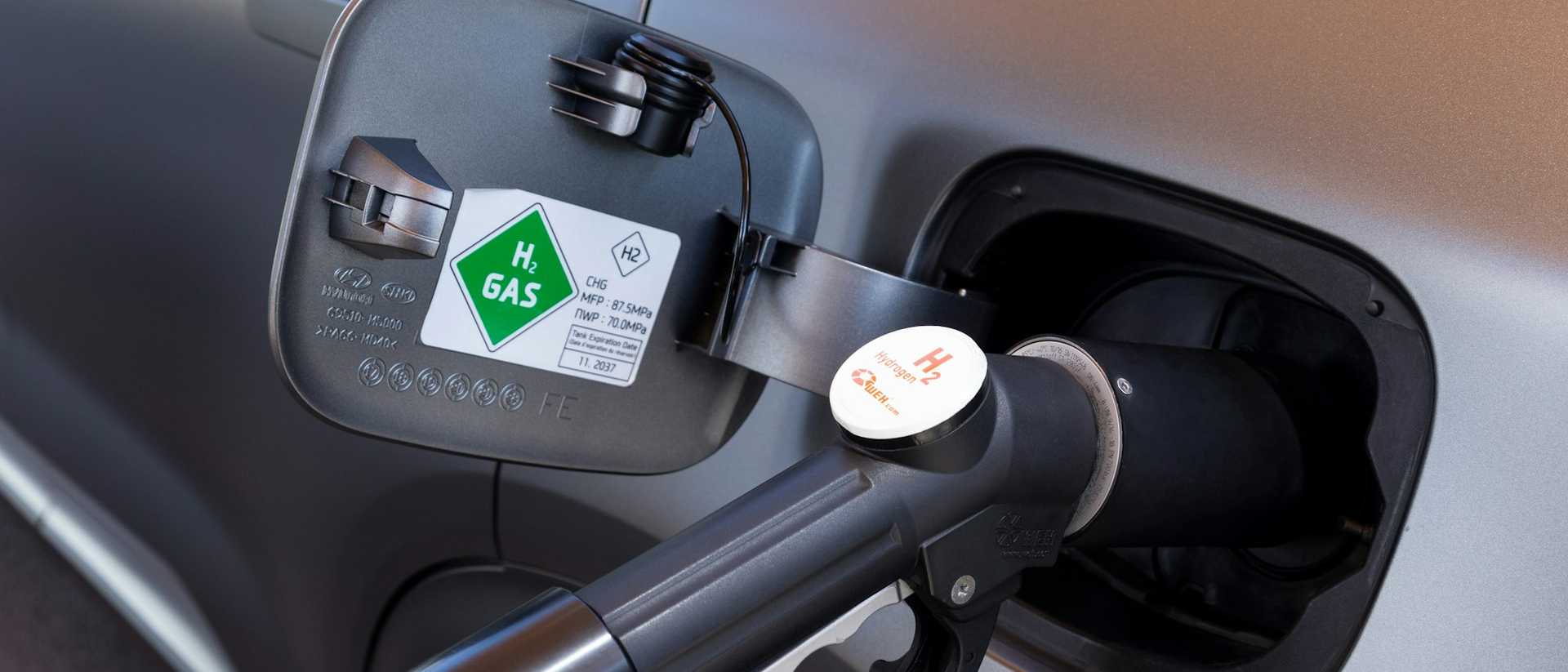
As the world shifts towards sustainable forms of energy, naturally, the automotive industry is facing pressures to innovate away from causing environmental pollutants. Hydrogen fuel cell cars are emerging as one of the most promising alternatives to traditional fossil fuel vehicles. You may have heard that Hydrogen fuel cars offer heaps of advantages over conventional petrol and deisel cars, like zero carbon emissions, greater fuel efficiency, and smoother performance. So, what exactly is a hydrogen fuel cell vehicle and is the hype valid? Let's take a closer look.
.jpg)
Is Hydrogen a Better Fuel Than Petrol?
One of the main reasons why hydrogen fuel cars are becoming more popular is that they offer an environmentally friendly alternative to petrol-fueled cars. Hydrogen vehicles - aka - Fuel cell electric vehicles (FCEVs) power an electric motor through a chemical reaction between hydrogen and oxygen, emitting only water vapor as a byproduct. This means that FCEVs produce zero tailpipe emissions, making them a far cleaner source of energy than petrol. Hydrogen also has a higher energy density than petrol, meaning that more energy can be produced from a smaller amount of fuel.
Hydrogen is also a renewable energy source that can be produced from a variety of sources, including wind, solar, and hydroelectric power. This makes hydrogen a sustainable option for powering vehicles, as opposed to fossil fuels like petrol, which are finite resources that contribute to climate change.
Another advantage of hydrogen is that it is a highly versatile fuel. Hydrogen can be used in a wide range of applications, including power generation, heating, and transportation. This versatility makes it an attractive option for countries looking to reduce their dependence on fossil fuels.
Are Hydrogen Cars Better Than Electric?
While hydrogen fuel cars offer many advantages over petrol-fueled cars, the question of whether they are better than battery electric vehicles is a bit more complicated. Both types of vehicles offer environmentally friendly options for transportation, but each has its own set of pros and cons. For a deep dive, be sure to check out our blog, Hydrogen vs Electric cars.
A clear advantage of electric cars is that they are more widely available than hydrogen fuel cell cars. There are currently only a handful of hydrogen fuel cars on the market, while there are many more electric cars to choose from. Hence, there are fewer hydrogen stations available compared to charging stations catering to a battery electric vehicle.
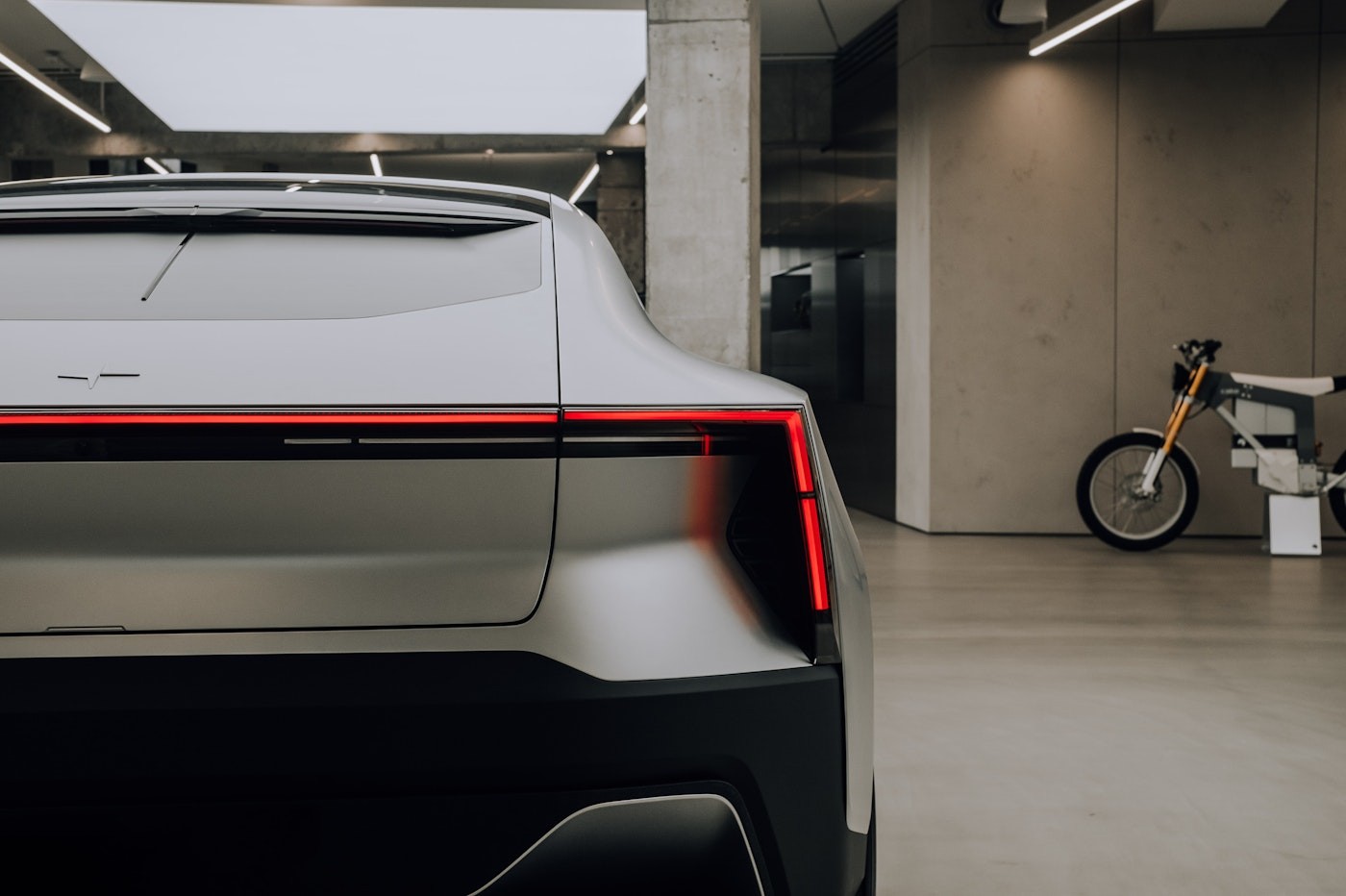
Another advantage of battery electric vehicles is that they are more energy efficient. Those of you who are scientifically inclined would know that according to the second law of thermodynamics: converting energy from one form to another leads to energy loss. Battery Electric vehicles can convert up to 90% of the energy stored in their batteries into motion, while hydrogen fuel cells in FCEVs can only convert around 40% of the energy stored in hydrogen into motion. This means that a traditional battery electric car is more efficient.
That said, the amount of hydrogen gas housed in FCEV hydrogen tanks generates more electricity than electric vehicle batteries are able to hold. This means that hydrogen fuel cars have a notably longer range than the average electric vehicle. While electric cars typically have a range of around 300-500 kilometres on a single charge, hydrogen fuel cars can travel around 650 km on a single tank of hydrogen.
One of the main upsides is that hydrogen fuel cars can be refueled much more quickly than electric cars can be recharged. While it can take several hours to fully charge an electric car, refueling a hydrogen fuel car takes just a few minutes.
Ultimately, the choice between a hydrogen fuel cell car and an electric car will depend on a variety of factors, including personal preference, driving habits, and accessibility to refueling or charging stations. If you’re still weighing up your options, be sure to check out our blog, Hydrogen vs Electric cars.
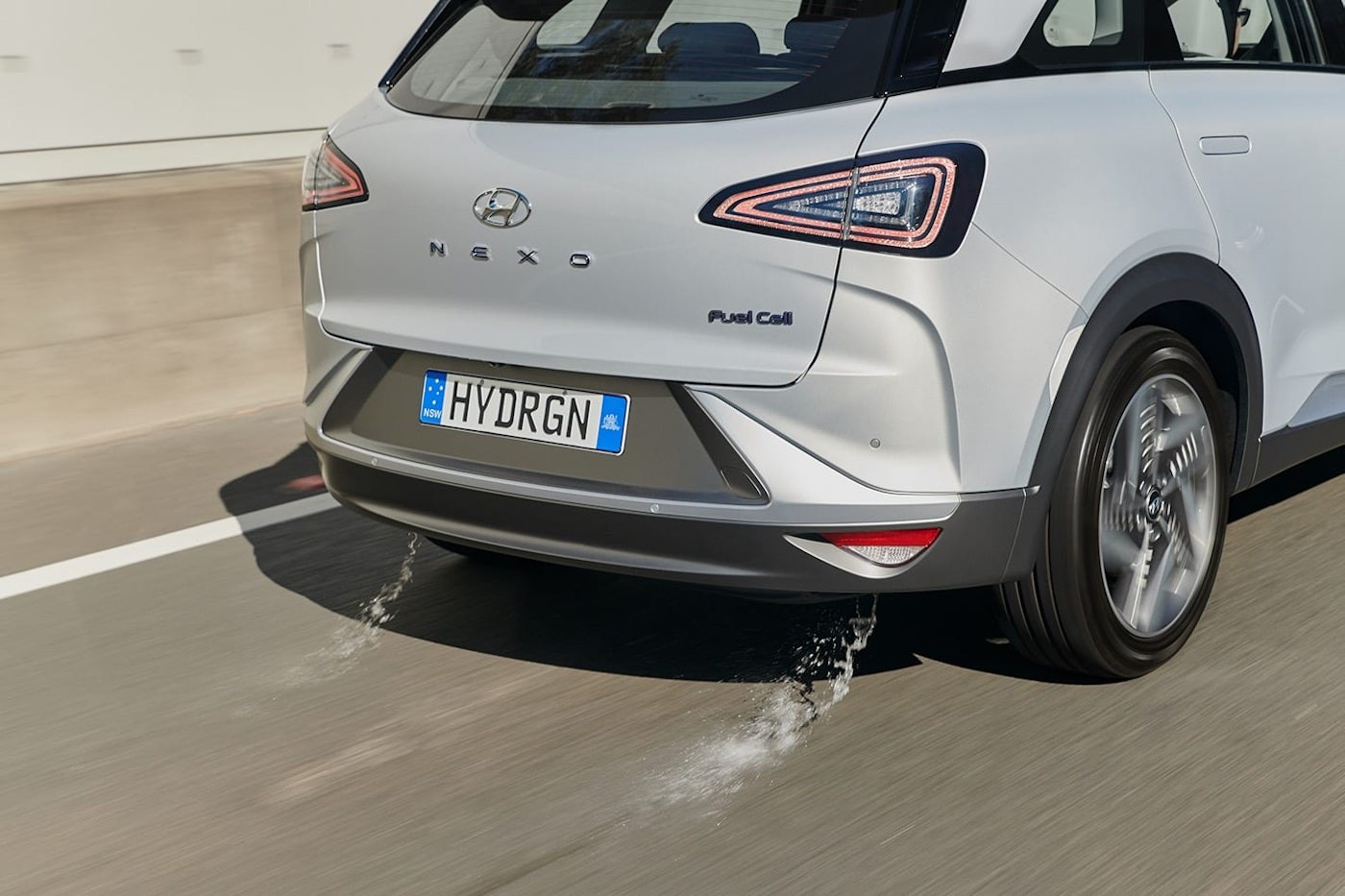
What are the Disadvantages of Hydrogen Cars?
A major downside to hydrogen fuel cars is the limited availability of hydrogen stations. While there are a few hydrogen refueling stations in Australia, they are still relatively scarce compared to petrol stations or electric charging stations.
At present, developing hydrogen fuel cell technology is expensive and requires large investments in research and development to improve efficiency and reduce production costs. Furthermore, the cost of the fuel cells themselves is still relatively high, and the limited production scale of hydrogen vehicles can make them more expensive than gasoline and some electric vehicles. Thus hydrogen cars have largely been inaccessible to most consumers but this is gradually improving.
Finally, hydrogen cars also face the same challenges as electric cars when it comes to cold weather. When temperatures drop, the fuel cell's efficiency decreases, which can result in a shorter driving range. In extreme cases, the fuel cell may even freeze, rendering the vehicle inoperable.
Despite these challenges, the automotive industry continues to explore the potential of hydrogen powered vehicles. There are several hydrogen car models available in different parts of the world, and some are already available in Australia.
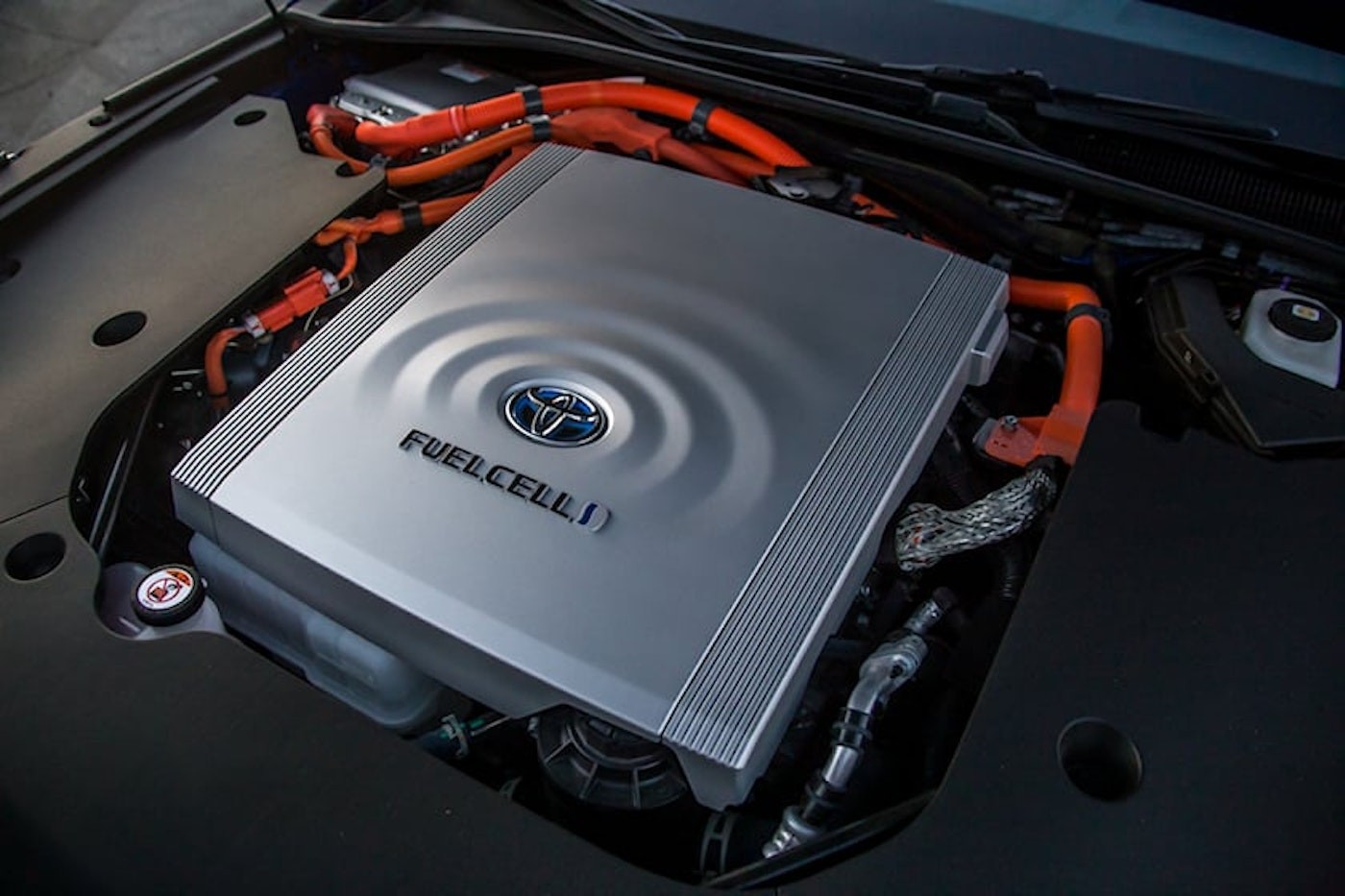
What Hydrogen Cars are Available in Australia?
There are currently two hydrogen fuel cars available for purchase in Australia: the Toyota Mirai and the Hyundai Nexo.
Toyota Mirai
The Toyota Mirai is a mid-size sedan that has been available in Japan since 2014 and in the United States since 2015. The vehicle has a range of around 650 kilometers and can be refueled in around three to five minutes. It is powered by a fuel cell system that produces 114 kW of power and has a top speed of 175 km/h. The Mirai starts at $49,500.
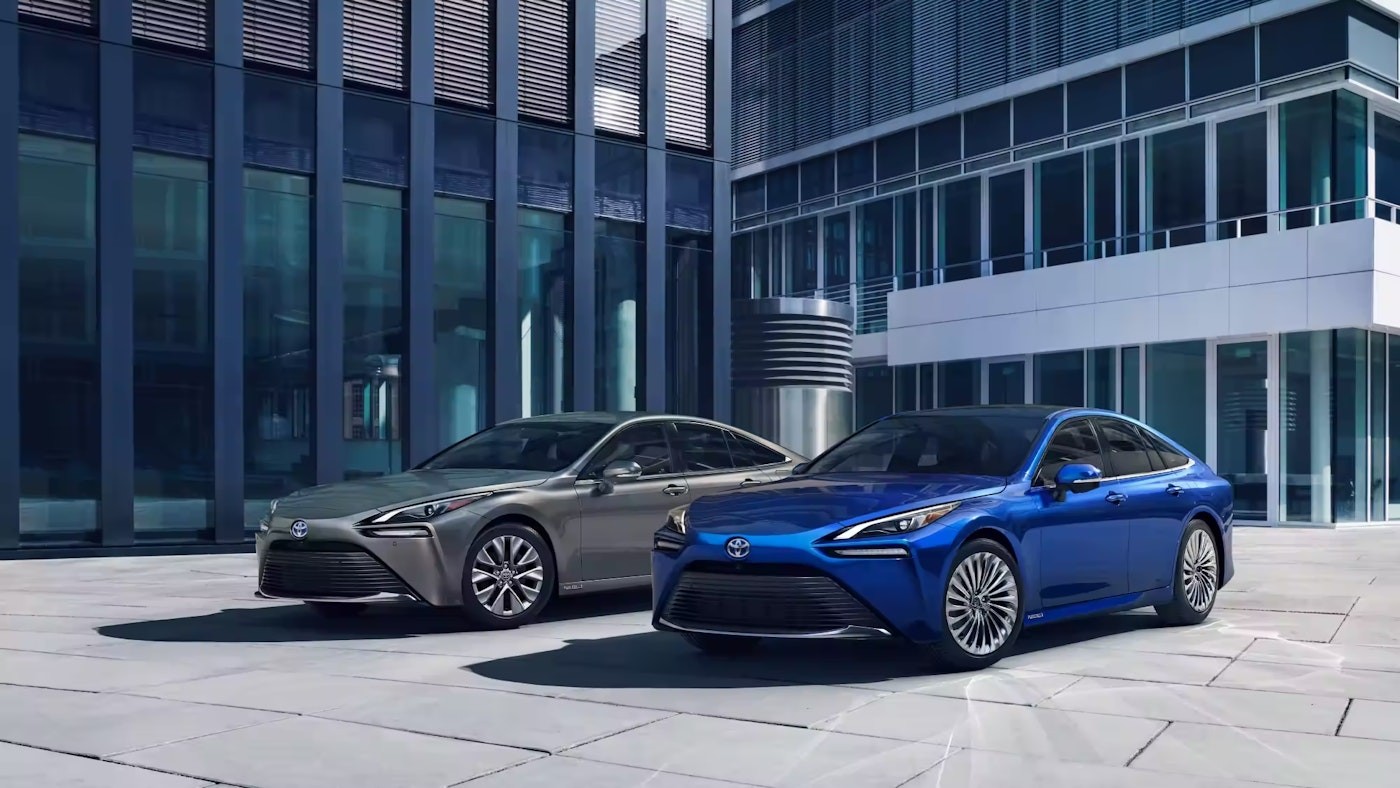
Hyundai Nexo
The Hyundai Nexo is a compact SUV that has been available in Australia since 2019. It has a range of around 666 kilometers and can be refueled in around five minutes. The Nexo is powered by a fuel cell system that produces 120 kW of power and has a top speed of 179 km/h. The Nexo is priced at around $79,000 AUD.
While the availability of hydrogen cars in Australia is still limited, the Australian government is actively promoting the adoption of hydrogen as a fuel source. In 2019, the government launched its National Hydrogen Strategy, which aims to position Australia as a leading exporter of hydrogen by 2030. The strategy includes the development of hydrogen infrastructure, the establishment of a hydrogen export industry, and the promotion of domestic use of hydrogen as a fuel source. Most automakers are now developing hydrogen powered cars of their own, to make use of the growing industrial shift move towards hydrogen technology.
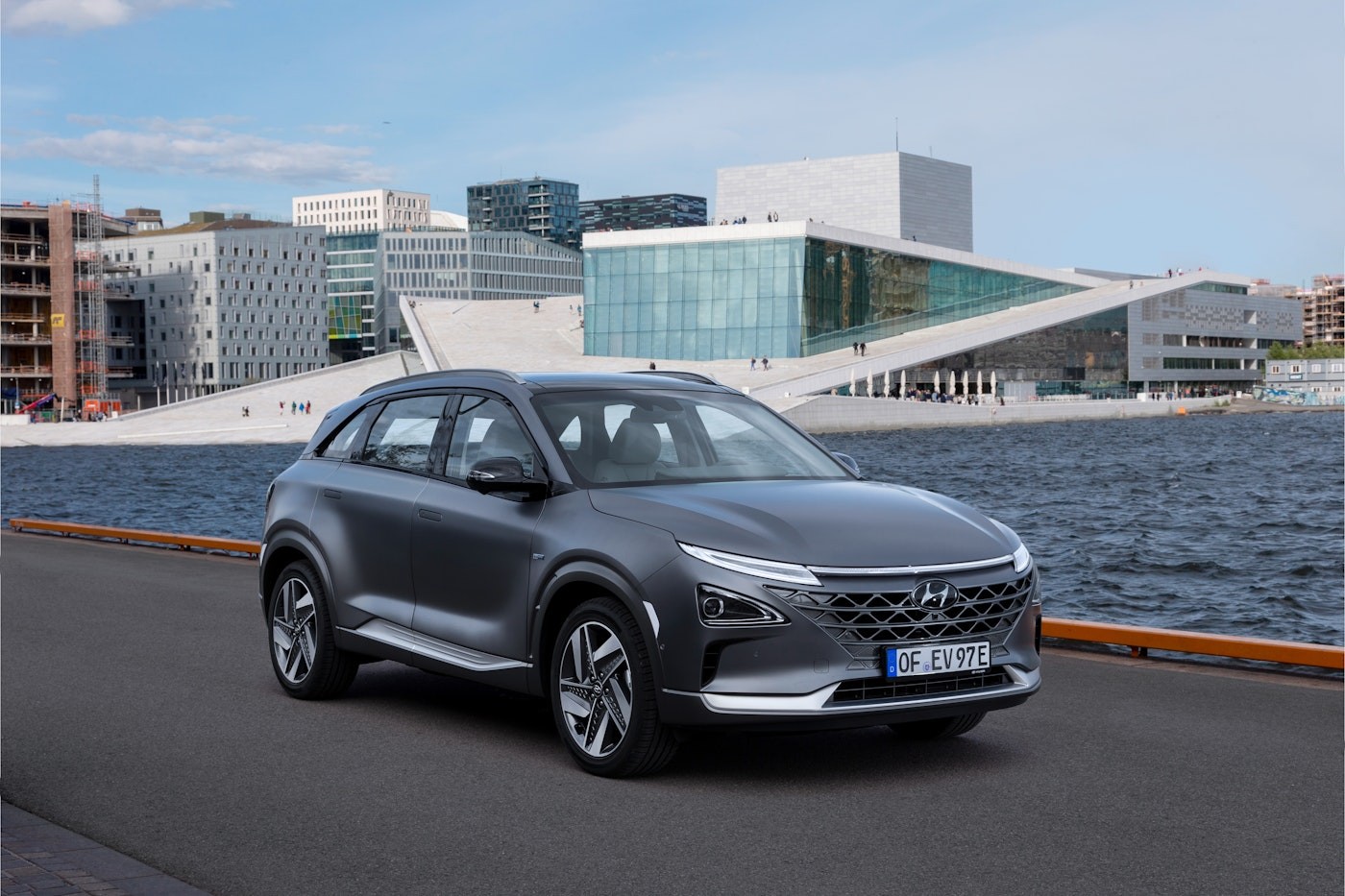
Final Thoughts
Hydrogen cars represent a promising alternative to traditional petrol-powered vehicles. They produce no harmful emissions and have the potential to significantly reduce greenhouse gas emissions in the transportation sector. Plus, the Australian government's commitment to promoting the adoption of hydrogen as a fuel source suggests that the market for hydrogen cars will grow in the coming years. A Hydrogen vehicle is a great opportunity for environmentally conscious drivers who want a future-proof car without sacrificing driving range. If this sounds like you, be sure to use Driva, a platform to find the best car loan option from 30+ lenders without impacting your credit score.


.png)







